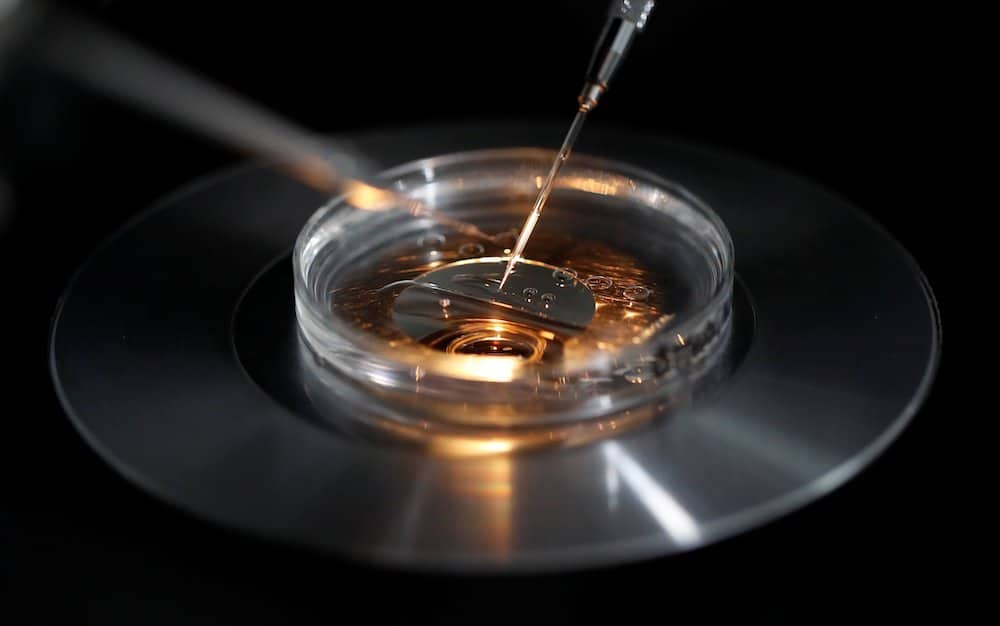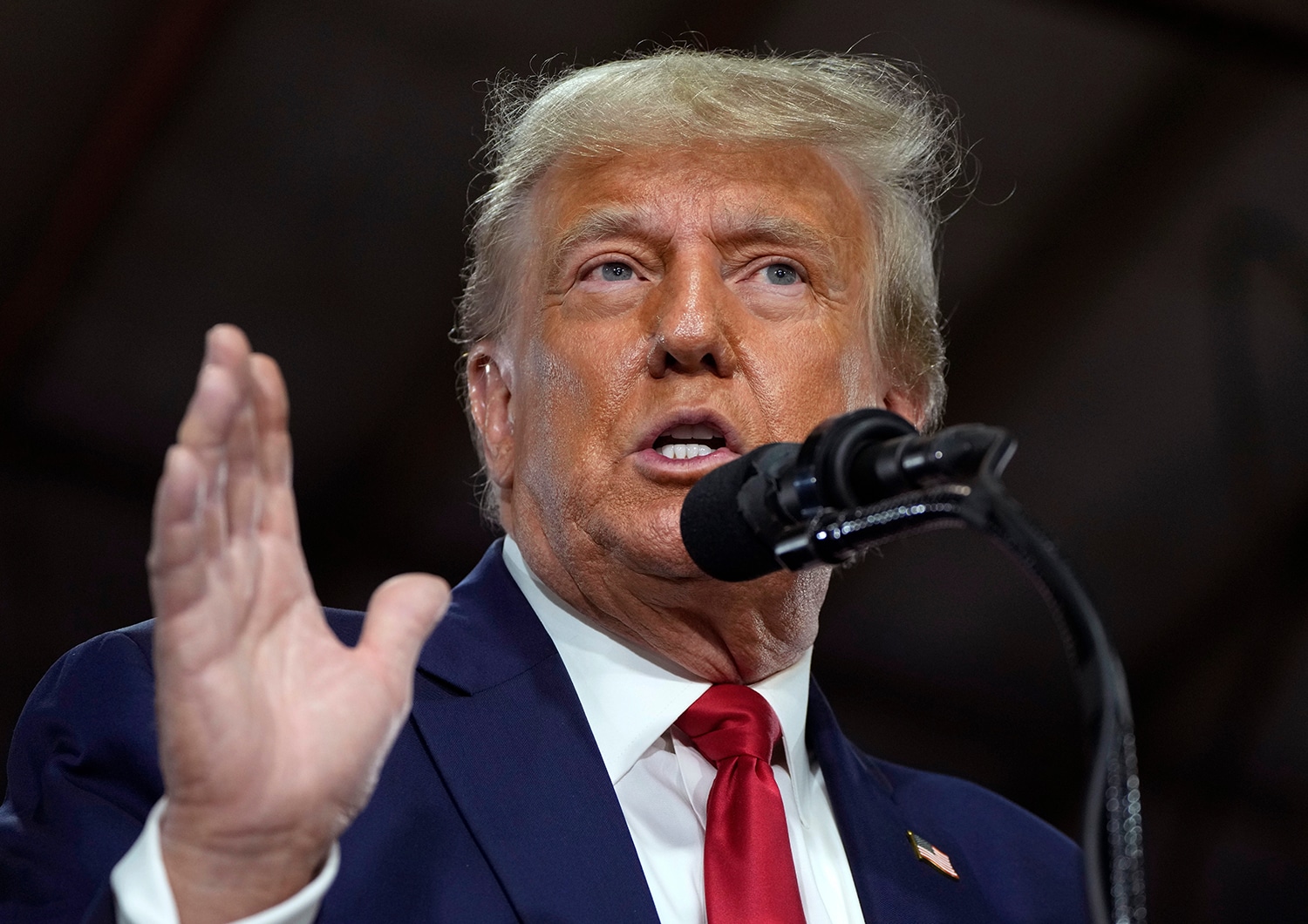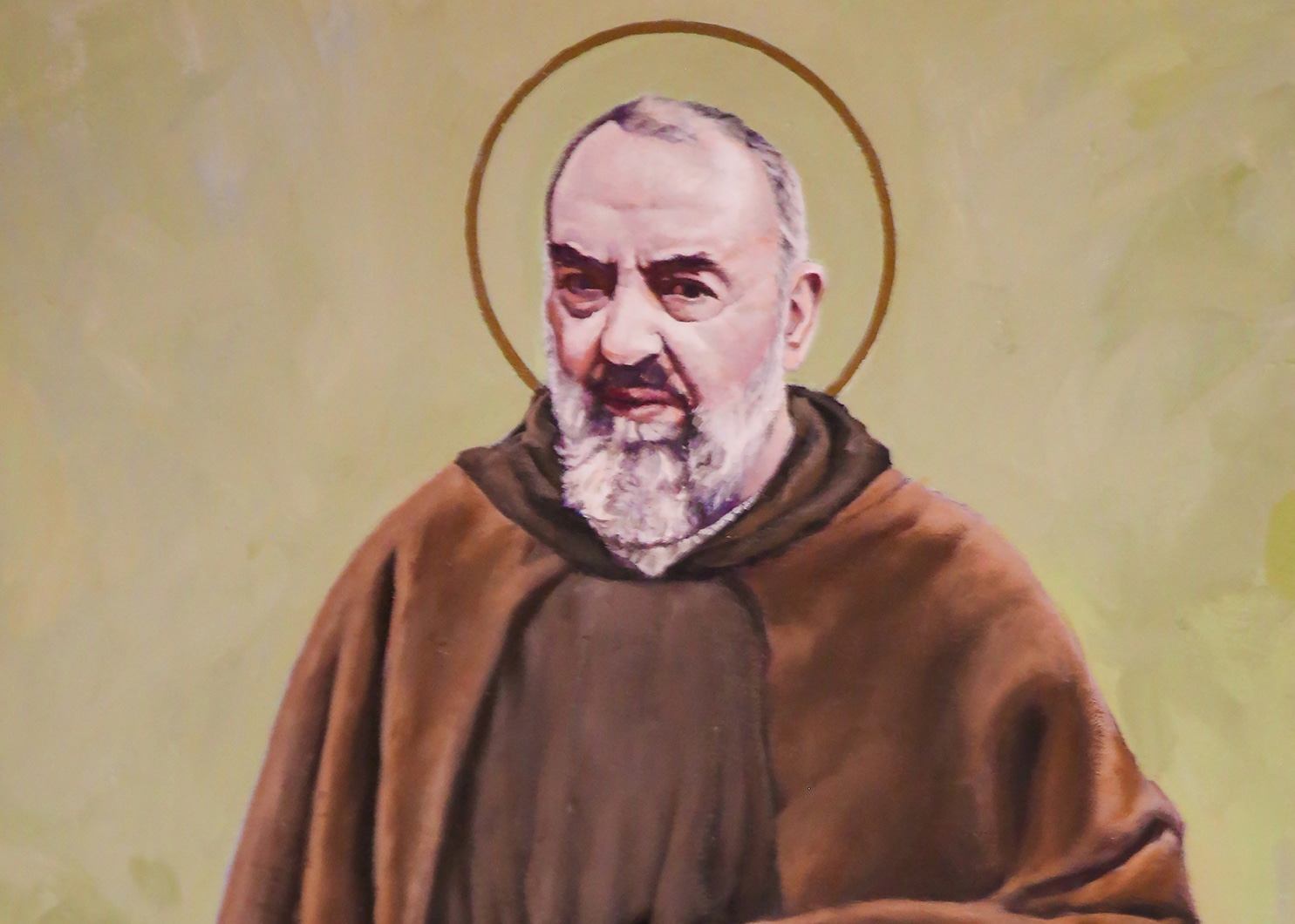As Catholics, we are duty-bound to engage in the public square with a conscience informed by our faith, particularly when it comes to matters as crucial as the sanctity of life. The recent campaign announcement by former President Donald Trump in which he pledges, should he be elected to the presidency again, to mandate public funding for in vitro fertilization (IVF) treatments presents a serious challenge for Catholic voters. While the desire to alleviate the pain of infertility and ameliorate a declining national birthrate is understandable, the means proposed — IVF — raises grave ethical concerns.
The duty of a Catholic voter
First and foremost, it is important to recall that the duty of a Catholic voter is not to make excuses for a candidate simply because he or she may align with particular political or social goals that one supports. Instead, the duty of a Catholic voter is to critically evaluate the proposed policies and actions of every candidate in light of Catholic teaching. And that evaluation is undertaken by examining a candidate’s views directly (rather than simply comparing them to another candidate’s views).
In the case of Donald Trump’s position on IVF, Catholics must recognize that this procedure involves serious moral issues, including the severing of the unitive and procreative aspects of the sexual act and the destruction of embryos, which the Church teaches are human beings deserving of full respect and protection from the moment of conception. In fact, the vast majority of human life created through IVF is destroyed or frozen indefinitely, never to be implanted in a womb.

Supporting a candidate who advocates for policies that directly contradict Catholic teaching, such as the promotion and public funding of IVF, implicates the voter in ways that cannot be summarily dismissed. Catholics should consider whether or not they can really overlook or excuse such policies simply because the candidate might support other issues that align with Catholic teaching. The principle of moral cooperation requires Catholics to avoid actions involving them in the commission of sin, especially when that sin involves direct harm to innocent human life.
The responsibility of Catholic leaders
For those Catholics who hold positions of intellectual, moral, or spiritual leadership — for example, priests, publishers or professors of philosophy — the duty goes even further. Such leaders have a responsibility not only to form their own consciences according to the teachings of the Church but also to assist others in doing the same. When a candidate proposes a policy that is clearly in conflict with Catholic teaching, these leaders must speak out.
Supporting a candidate who advocates for policies that directly contradict Catholic teaching, such as the promotion and public funding of IVF, implicates the voter in ways that cannot be summarily dismissed.
Silence, in this context, can be a grave sin of omission. When Catholic leaders fail to articulate the moral issues at stake, they leave the faithful without the guidance they need to make informed decisions in the voting booth. Worse still is when such leaders publicly excuse or downplay the significance of a candidate’s morally problematic positions. Doing so not only misleads the faithful but undermines (in this case) the Church’s witness to the sanctity of life and the dignity of the human person.
Implications of Trump’s new position concerning IVF
The Church teaches that human life must be respected and protected from the moment of conception, and any action that deliberately destroys an embryo is gravely immoral. Catholics must take this teaching seriously when considering their political choices. It is not enough to claim that one supports life in some areas while disregarding it in others. The Church’s teaching is clear: All human life, from conception to natural death, is sacred and must be protected.
As the presidential election draws near, Catholics must remember that their first allegiance is to Christ and his teachings. This means that when a candidate proposes policies that violate the sanctity of human life, such as supporting public funding for IVF, Catholic voters and leaders have a duty to oppose those policies. To do otherwise is to risk becoming complicit in actions that the Church has always condemned as grave moral evils.
In the end, once Catholic voters have considered the positions of all candidates in a race in light of Catholic social and moral teaching, they may decide that a particular candidate, however deficient, is more likely to govern in a way that, on balance, promotes the common good. In that case, they may decide to vote for that candidate despite his or her promotion of a grave evil, so long as they do not vote for that candidate because he or she promotes the grave evil.
The call to participate in the democratic process is a serious one, but it is also one that must be informed by a well-formed conscience. In this, there can be no compromise, for as Christ himself said, “What does it profit a man to gain the whole world and forfeit his soul?” (Mk 8:36).







